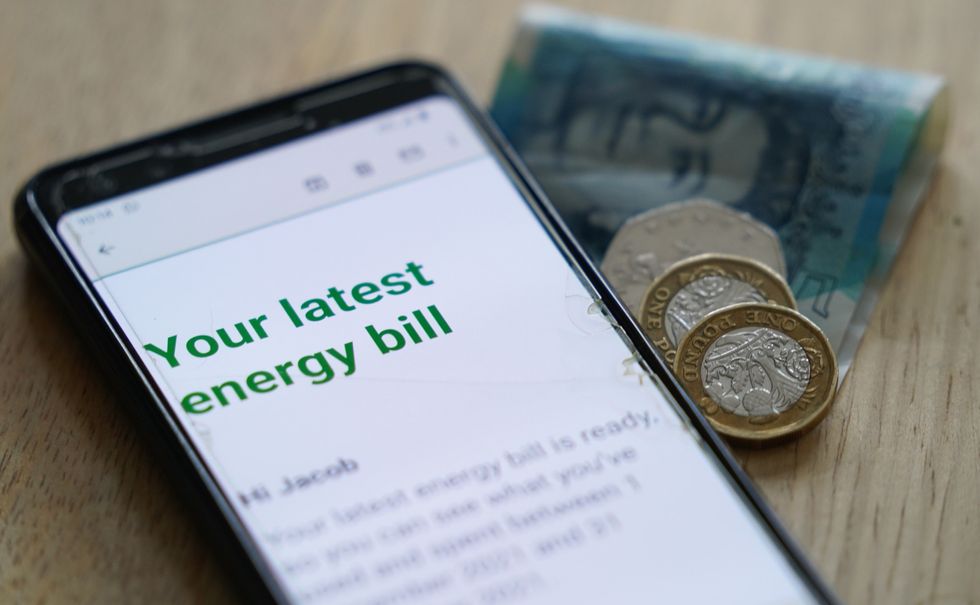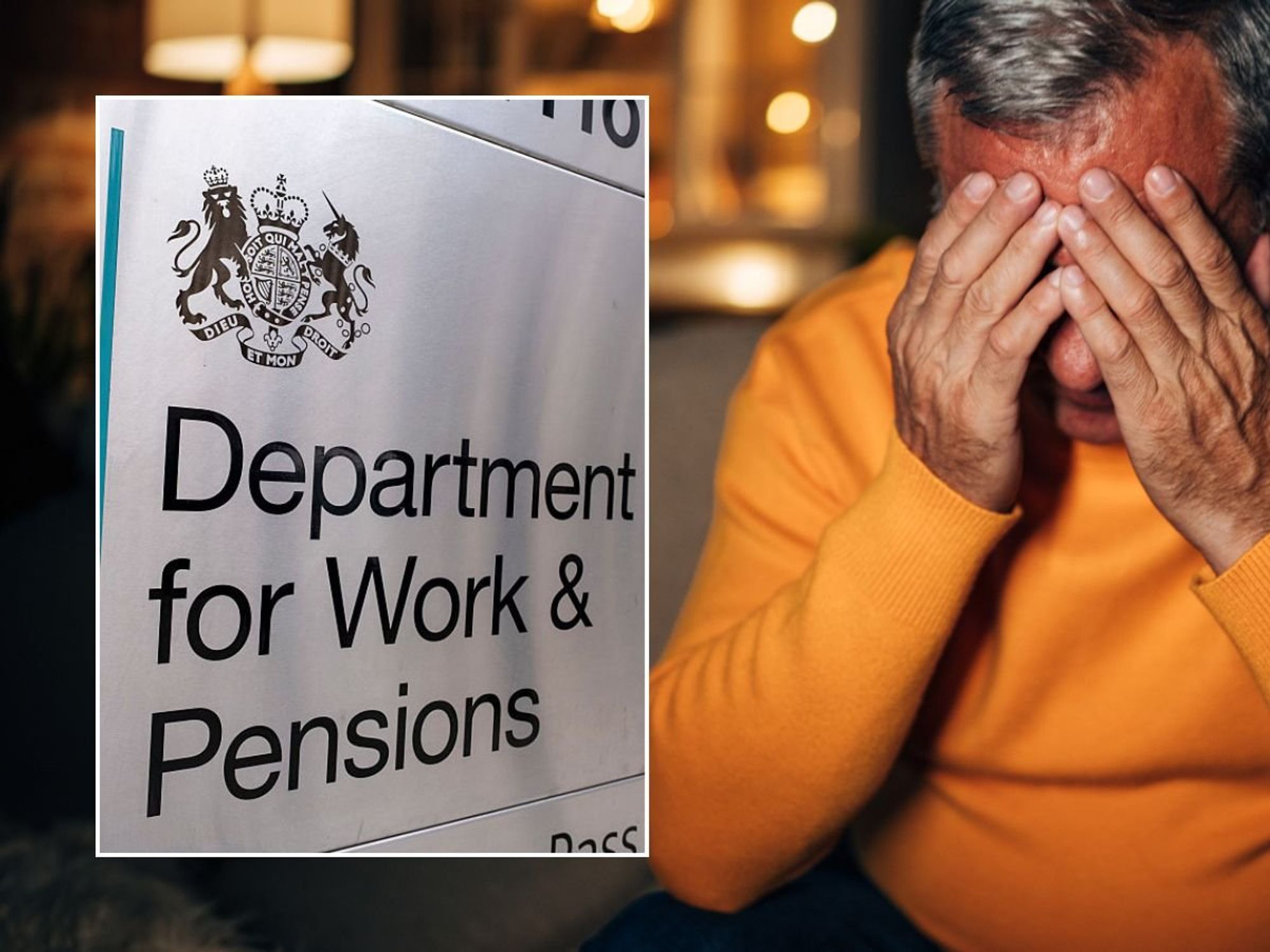British Gas, Octopus, EDF and OVO customers could save over £150 ahead of price cap rise

Millions of energy customers will see their average yearly bill rise by 35 from October
Don't Miss
Most Read
With energy bills set to rise in October, thousands of households are urged to check if they could save over £150 on their bills.
Energy experts have shared how customers of all major suppliers, including British Gas, OVO, EDF and Octopus, can save some extra cash this winter.
Regulator Ofgem has confirmed that the energy price cap will rise to £1,755 from October 1, pushing the average household bill up by two per cent this winter.
**ARE YOU READING THIS ON OUR APP? DOWNLOAD NOW FOR THE BEST GB NEWS EXPERIENCE**
The increase is double what had been expected, dealing a fresh blow to millions of Britons. But experts say there are still ways to cut costs.
Greg Marsh, household finance expert said: “For anyone on a variable tariff, energy bills are going to rise just as we go into the colder winter months.
“At the same time, energy debt is at record levels, with households typically owing more than £1,000.
“With prices still at such high levels its crucial people aren’t paying too much. Fortunately, most of us can save if we’re smart about it”

British Gas customers could save more than £150 this autumn
| GETTYHere are the four steps he's urging consumers to take:
- Take a meter reading on 30 September
2. Make sure your smart meter isn't in dumb mode.
Mr Marsh explained that millions of smart meters in Britain aren't working, meaning people are being charged based on estimated usage. This can lead to overpaying by hundreds. He said: “If readings on your bill are marked 'e', they're estimates and could be wrong. You should submit regular manual readings if this is the case.”

The energy price cap will rise in October
| PAHe continued: "If you discover your direct debit is too low or too high, don't ditch it entirely –it's the cheapest method of paying for energy. Customers who pay by standard credit currently pay around £100 per year more than direct debit customers".
4. Save £100s if you're on a variable tariff.
Most households are on a variable deal and can save by switching to a good-value fix.
A typical household could save more than £150 by switching to Nous.co.
The rise will be unwelcome news to millions of struggling families still battling the cost-of-living crisis after a spike in inflation, which shot up to 4.2 per cent this month because of a significant spike in grocery staples like eggs and butter.
Ofgem said the rise is being driven by higher electricity “balancing costs” - the expenses network operators face to keep supply stable when there is either too much or too little power in the system. Set by the National Electricity System Operator, these costs are adding about £1.23 a month to the average household bill.
On top of that, the expansion of the Warm Home Discount scheme is adding another £1.42 a month, meaning households are effectively helping to support millions more low-income families.
Even with these changes, Ofgem has warned that British households will continue to face bill fluctuations for as long as the UK remains exposed to volatile global gas markets. For consumers, the most effective way to protect themselves is to consider moving onto a fixed tariff.
Over a third of households, around 37 per cent, are now on fixed deals, shielding them from the latest increase. Ofgem has urged more people to shop around, with savings of up to £200 compared to the October price cap still possible for those who switch.

Fixed rate energy plans are exempt from the cap rise
| PA**Do you have a money story you’d like to share? Get in touch by emailing money@gbnews.uk.**
Simple choices on payment methods can also make a difference. The regulator estimates that around eight million customers are still paying by standard credit, costing them on average £135 more a year compared to direct debit. Switching to direct debit remains one of the fastest ways to reduce costs without changing suppliers.
Anyone worried about how they will pay their bills is encouraged to contact their supplier as soon as possible. Energy companies must work with customers to agree on affordable repayment plans, considering income, outgoings and personal circumstances.
With the proper steps, households can protect themselves from the worst price rises and avoid paying more than needed during the difficult winter months ahead.










